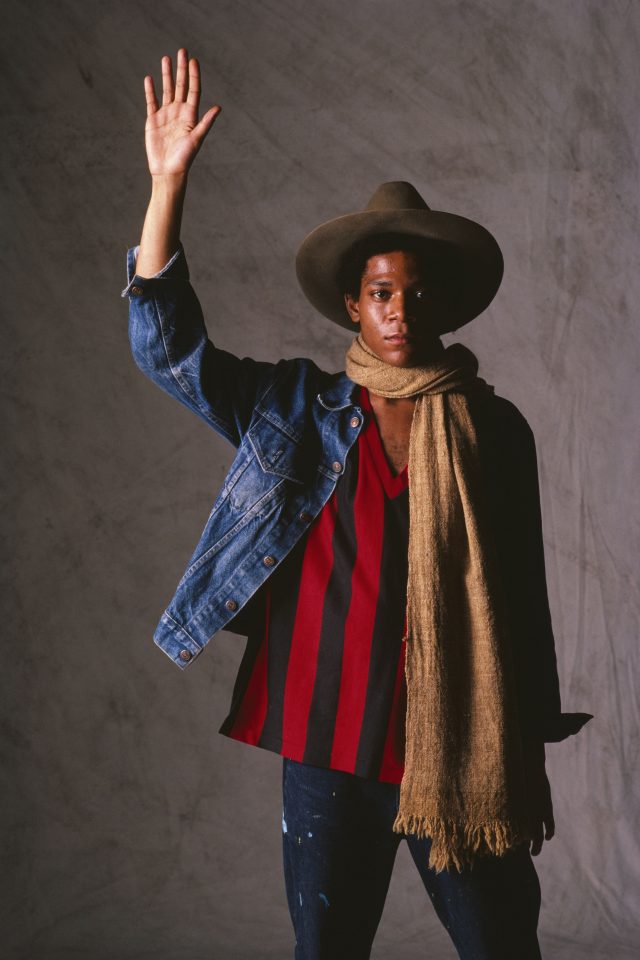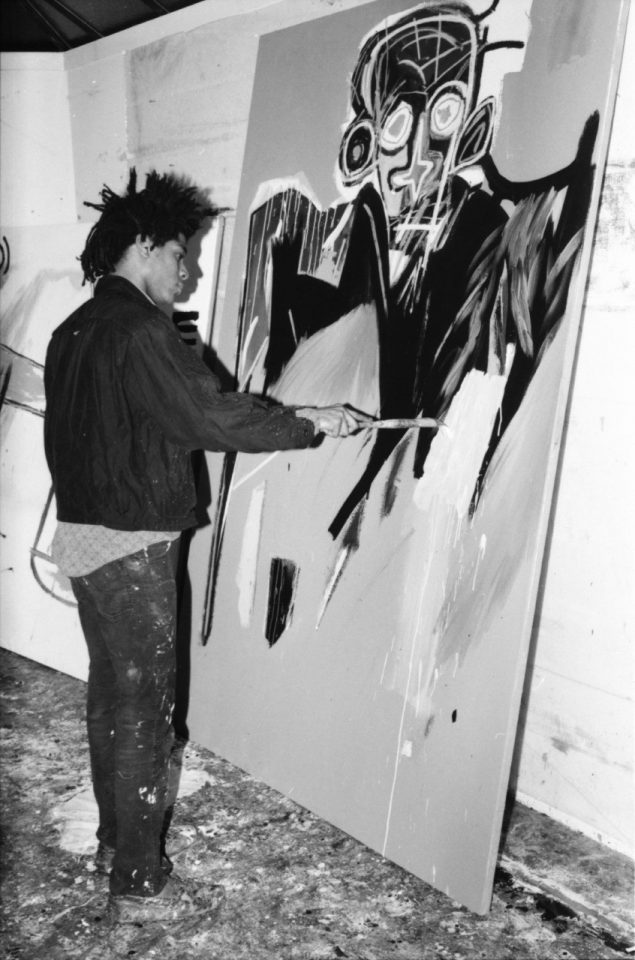
Thirty years after the premature death of Jean-Michel Basquiat, PBS released Rage to Riches, a provocative documentary about the life and art of the revolutionary artist.
Although he was one of the most influential artists of his time, Basquiat’s work became legendary after his death. Ironically, his work foreshadowed the ongoing violent history between the police and African Americans. For example, his infamous “Defacement” piece was the artist’s interpretation of the brutal police killing of fellow graffiti artist Michael Stewart in 1983.
“The documentary reflects on racism and how he reflected on the horror of the police killings, how it affected him,” director David Schulman explains.
Basquiat’s work has always resonated with hip-hop audiences because he lived like a rockstar who happened to be a phenomenal artist. He was great friends with MTV’s Fab Five Freddy and was known to interact with musicians and the social elite in Los Angeles and New York. It was no surprise that Basquiat is one of the artists in Jay-Z’s art collection that became a trending topic last year with Jay-Z’s critically acclaimed 4:44 album.
In Rage to Riches, Schulman gives audiences a more introspective look into Basquiat’s persona through interviews with his sisters, who have never spoken out before.
“His sisters eloquently and powerfully present a portrait of him from a child driven to make art more than anything else,” Schulman says. “They depict his early beginnings, leaving home to pursue a vision and a dream to be an artist. They also speak strongly to his determination to be an artist and not a Black artist.”

Although Basquiat did not want to be categorized as a “Black artist,” his determination to expose racial injustice through his work was never-ending. He viewed racism as a world issue, not one to be shouldered solely by African Americans.
“His work dealt with issues of identity and Black history, questioning his identity and Black history that isn’t yet adequately affected and considered relevant. The imagery was both explicit and implicit,” Schulman explains.
It’s hard to speculate what Basquiat’s work would have been like had he lived longer than his 27 years. When asked if he thought Basquiat would be surprised that his work is even more relevant 30 years after his death, Schulman said he was unsure.
“He believed in himself and believed in his work. Like all artists, he went through a series of self-doubt,” Schulman says. “He always struggled with the relationship between his art and his art becoming a commodity.”
If you missed the PBS premiere of Basquiat: Rage to Riches, you can still catch the documentary streaming on PBS.org. It will be available via streaming until October 12.















